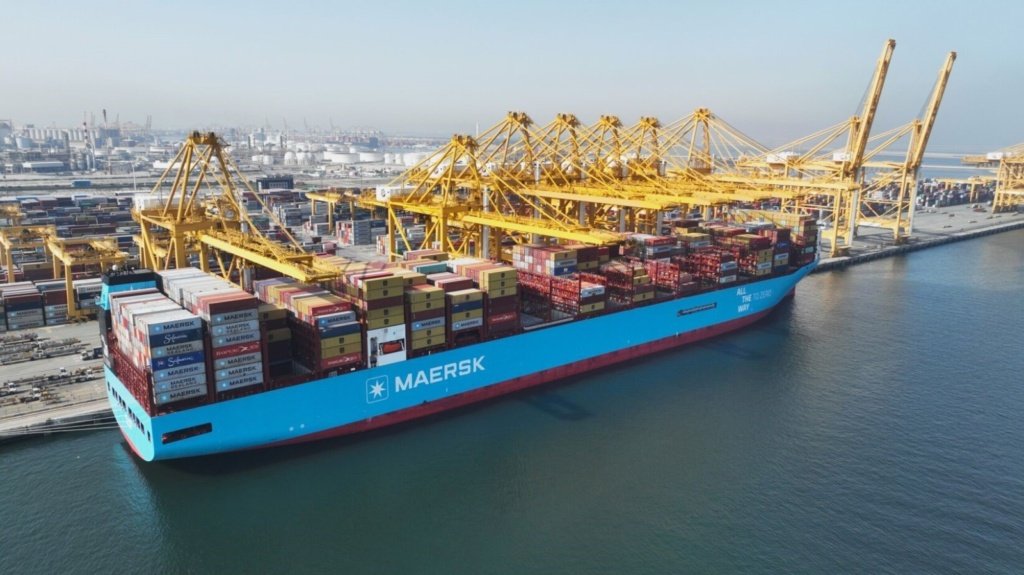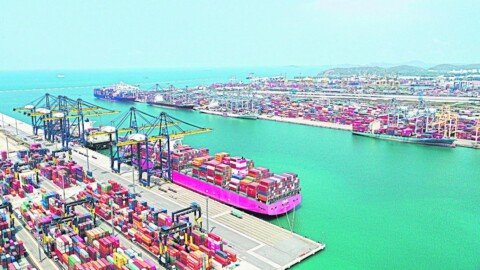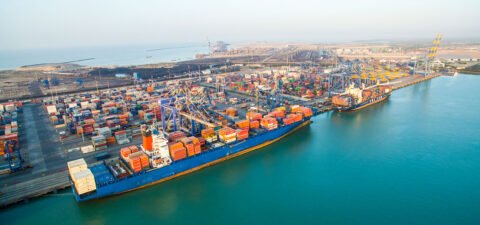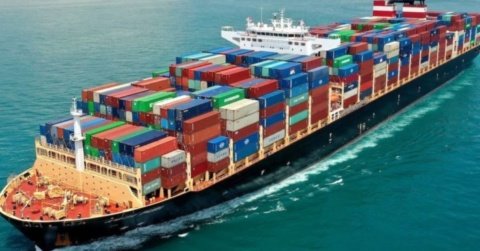In a landmark effort to promote sustainable shipping, A.P. Moller – Maersk co-hosted Japan’s inaugural methanol bunkering simulation at the Port of Yokohama. This initiative marks a significant stride towards developing methanol fuel bunkering capabilities in the region, aligning with Japan’s goals for decarbonisation.
The simulation featured the Alette Maersk, the company’s fifth dual-fuel methanol vessel, which was recently launched in Los Angeles. A key participant was the Eikamaru, a methanol tanker operated by Kokuka Sangyo, which facilitated essential operations such as berthing, unberthing, and hose connections—critical components for establishing a safe and efficient methanol bunkering infrastructure.
As Japan formulates its methanol fuel bunkering guidelines, the insights gained from this simulation will be instrumental in shaping the nation’s fuel supply infrastructure. Maersk’s collaboration with the City of Yokohama and Mitsubishi Gas Chemical, bolstered by support from Japan’s Ministry of Land, Infrastructure, Transport, and Tourism’s Port and Harbor Bureau, is central to these developments.
Director Nakagawa Kenzo of the Industrial Port Policy Division emphasised the importance of this initiative, announcing plans for a study group to explore methanol bunkering hubs in Japan. “Establishing these hubs is vital, and we will accelerate discussions based on insights from this simulation,” he noted.
Yasuhiro Shimbo, Director General of the Port and Harbor Bureau in Yokohama, reaffirmed the port’s commitment to advancing methanol bunkering capabilities, contributing to the decarbonisation of both Japanese and global maritime transport.
Maersk’s Managing Director for Northeast Asia, Toru Nishiyama, expressed the company’s dedication to supporting Japan’s ambitions for a decarbonised future. “We look forward to collaborating with the industry to accelerate the adoption of lower-emission practices,” he stated.
As interest in alternative fuels grows, methanol stands out for its lower carbon emissions, positioning it as a promising solution for the future of sustainable shipping.







